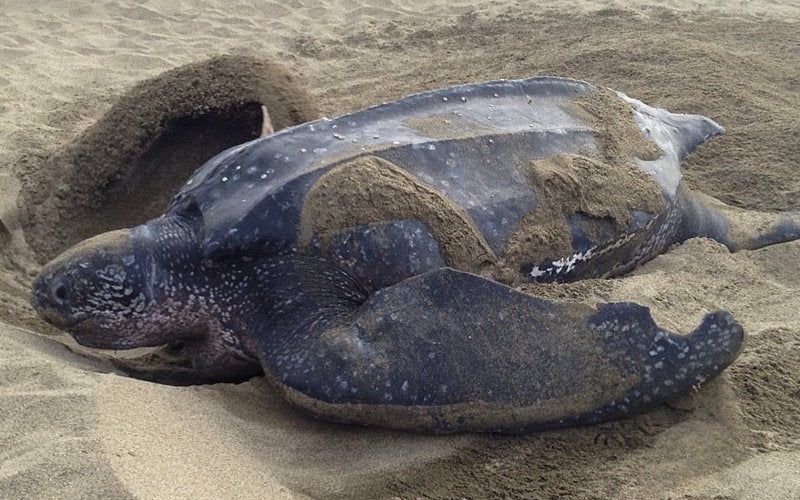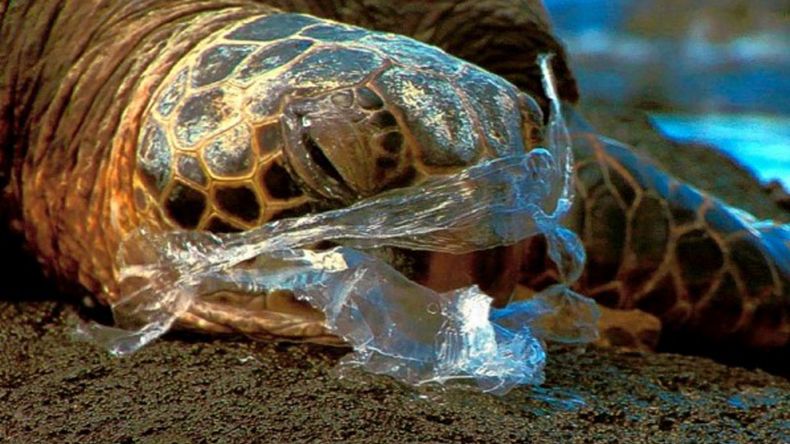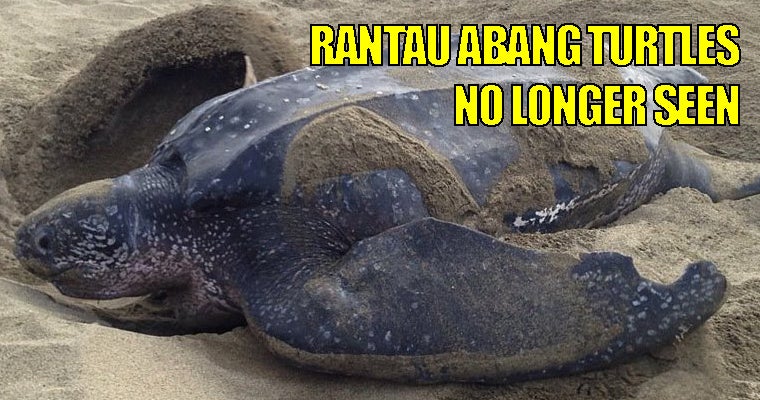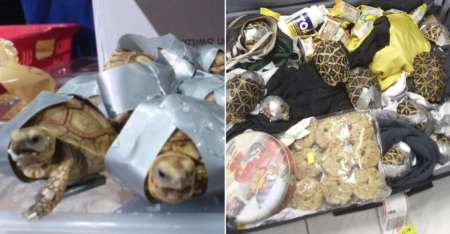Back in the 1950s, Rantau Abang, Terengganu was famous for its Leatherback Sea Turtles sightings, and every year from May to October, the turtles would come ashore to lay eggs.
Rantau Abang was a hotspot for Leatherback Sea Turtles to lay eggs because the slopes there are steep enough for the mama turtles to find a nesting spot easily. This species is the largest sea turtle, as well as the oldest living reptile! They can live up to 100 years, and male Leatherbacks can grow up to 2.6 metres in length and weigh up to a tonne!

Reports state that the sightings have dropped drastically to 50 per year in the 1990s, compared to the record of 10,000 in the 1950s. And by 2003, only two turtles were sighted to lay eggs here, leaving this species extinct in Terengganu!

According to WWF, these are the reasons why the turtles have gone extinct:
Human intervention
Although female turtles lay hundreds of eggs each nesting season, only a few babies survive into their first year. It’s known that people harvest the eggs to sell and eat, some of them even disturbed or degraded the nesting beaches. Other than collecting turtle eggs, coastal development has also contributed to the decline of turtle sightings.
Pollution
Sea pollution has been a huge issue recently. Turtles that ingest ocean trash like plastic straws, styrofoam pieces, plastic bags etc. will experience blockage in their digestive tract, and ultimately death. It’s not news for us that turtles are one of the primary victims of sea pollution, and according to BBC, even a single piece of plastic can kill a turtle.
Eggs eaten by other sea animals
This might sound cruel, but it’s indeed how the ecosystem works, where one organism consumes another. While they’re trying to make their way to the sea, the hatchlings are preyed on by crabs, monitor lizards and birds.

Hopefully, more of these turtles can be sighted again. And while we wait for a miracle to happen, their disappearance is a constant reminder for all of us to be mindful of the environment.
Also read: Police Find Over 1,500 Live Turtles & Tortoises Wrapped In Duct Tape Smuggled into This Country








































